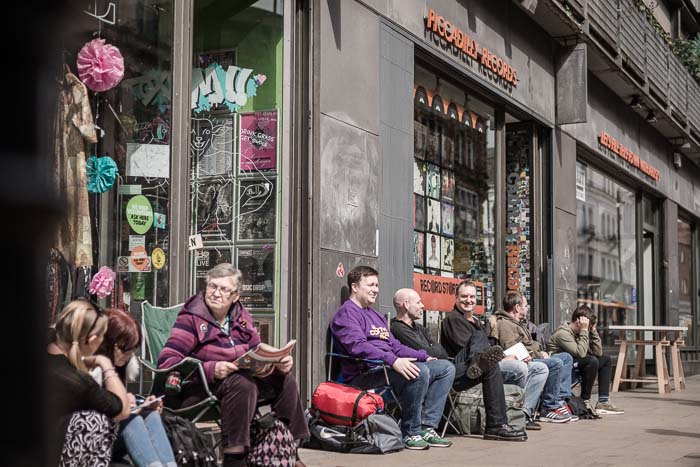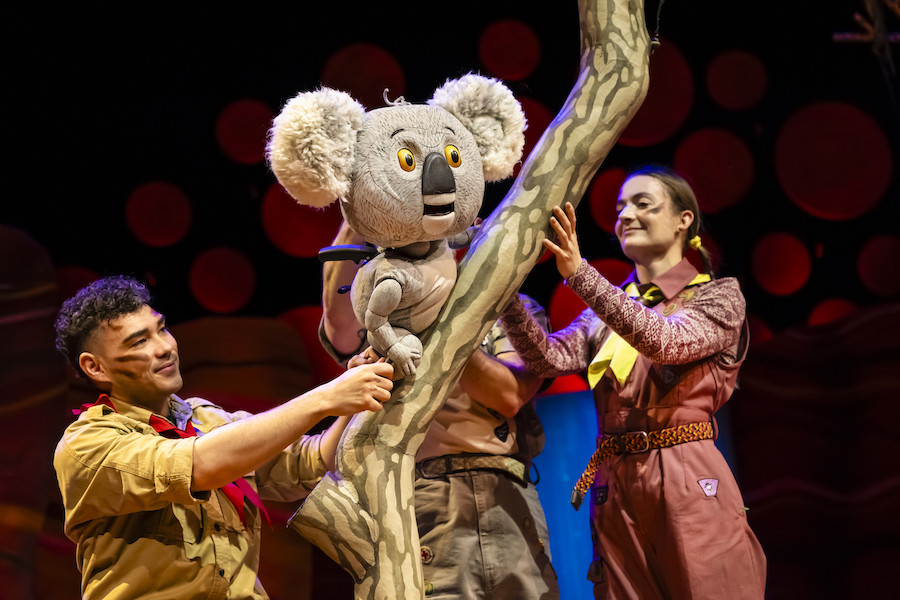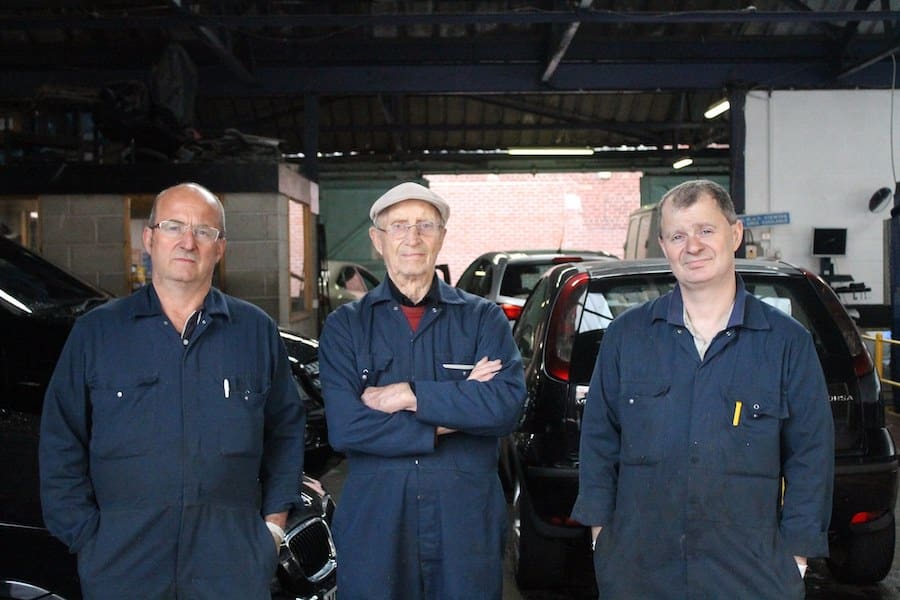Alan Turing voted greatest person of the 20th century in BBC TV poll
- Written by Ray King
- Last updated 6 years ago
- People, TV & Radio

Mathematical genius Alan Turing, whose massive scientific achievements were airbrushed from history following his apparent suicide, has been named Icon of the 20th Century.
The celebrated wartime code-breaker and father of modern computing, whose reputation was largely restored by campaigners in Manchester, was chosen by viewers of BBC2’s Icons: The Greatest Person of the 20th Century ahead of giant figures including Nelson Mandela and Martin Luther King.
Presenter Nick Robinson described Turing as “a man who worked almost entirely in secret, who received little credit for cracking the Nazi codes and shortening the war and who died having been branded a criminal.
“Today he is the most celebrated figure of the 20th century – a father of computing, war hero and genius.”
Seven celebrity advocates Sir Trevor McDonald, Dermot O’Leary, Chris Packham, Kathleen Turner, Sanjeev Bhaskar, Clare Balding and Lily Cole, called on the public to vote for their finalist.
Chris Packham, who backed Turing, said: “Alan Turing’s genius brought Britain back from the brink during WWII. While he was punished for being different, his work celebrated diversity. Under the circumstances, that makes him truly iconic.”
The other finalists included singer David Bowie, boxer Muhammad Ali, explorer Ernest Shackleton and cubist painter Pablo Picasso.
The odds now must be shorter on Turing’s image being chosen for the new £50 note after 2020.
The cracking of the German navy’s “unbreakable” Enigma code by Turing and his team at Bletchley Park is credited as one of the major factors in helping the Allies win World War II. It enabled the Allied Forces to defeat the Germans in many encounters including the crucial Battle of the Atantic in which Nazi submarines almost succeeded in preventing the flow of food and arms to Britain.
In 1946, Turing was appointed an OBE for his services during the war, much of which still remains a secret.
He worked as a professor of mathematics at Manchester University but in 1952 he was prosecuted for homosexual acts, which was then a criminal offence in the UK.
Police investigating a burglary at Turing’s home in Wilmslow found “incriminating” letters. As punishment, he accepted “chemical castration” instead of going to prison.
He apparently took his own life two years later but the bizarre circumstances of his death – he ate an apple injected with cyanide – and the cursory nature of the inquest led many to suspect he may have been killed by the security services who may have believed that Turing’s homosexuality could have left him open to blackmail.
Sceptics included former Lord Mayor of Manchester and Freeman of the City Dame Kathleen Ollerenshaw who worked with Turing at Manchester University in the late 1940s. Gay rights campaigner Peter Tatchell has called for a reopening of the inquest.
Campaigners in Manchester passionately battled for Turing’s reputation to be restored and his achievements recognised. His statue was raised in Sackville Park near the gay village and his name was given to Alan Turing Way, the inner ring road in east Manchester.
Following a public outcry over his treatment and conviction, then Prime Minister Gordon Brown issued a public apology in 2009. In 2013, he was granted a posthumous pardon by the Queen.
A 2017 law that retrospecively pardoned all men cautioned or convicted for homosexual acts under historical legislation, was named in his honour.
- This article was last updated 6 years ago.
- It was first published on 6 February 2019 and is subject to be updated from time to time. Please refresh or return to see the latest version.
Did we miss something? Let us know: press@ilovemanchester.com
Want to be the first to receive all the latest news stories, what’s on and events from the heart of Manchester? Sign up here.
Manchester is a successful city, but many people suffer. I Love Manchester helps raise awareness and funds to help improve the lives and prospects of people across Greater Manchester – and we can’t do it without your help. So please support us with what you can so we can continue to spread the love. Thank you in advance!
An email you’ll love. Subscribe to our newsletter to get the latest news stories delivered direct to your inbox.
Got a story worth sharing?
What’s the story? We are all ears when it comes to positive news and inspiring stories. You can send story ideas to press@ilovemanchester.com
While we can’t guarantee to publish everything, we will always consider any enquiry or idea that promotes:
- Independent new openings
- Human interest
- Not-for-profit organisations
- Community Interest Companies (CiCs) and projects
- Charities and charitable initiatives
- Affordability and offers saving people over 20%
For anything else, don’t hesitate to get in touch with us about advertorials (from £350+VAT) and advertising opportunities: advertise@ilovemanchester.com
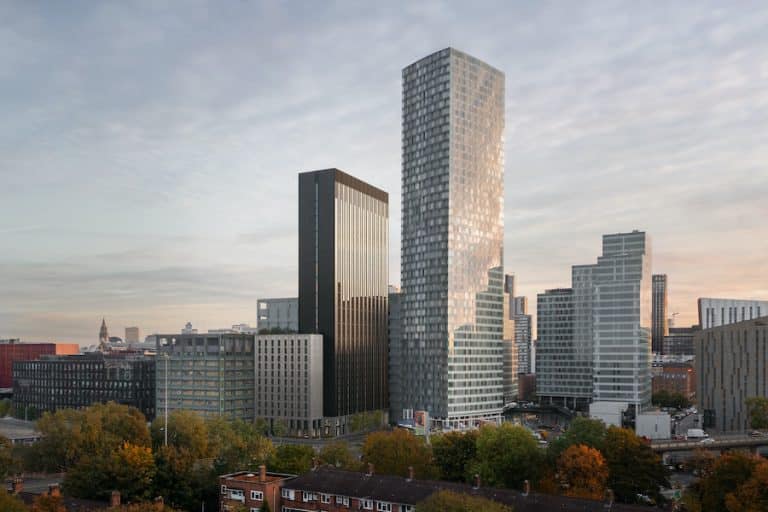

The Manc aerobics queen who trained the Corrie cast is helping raise charity cash
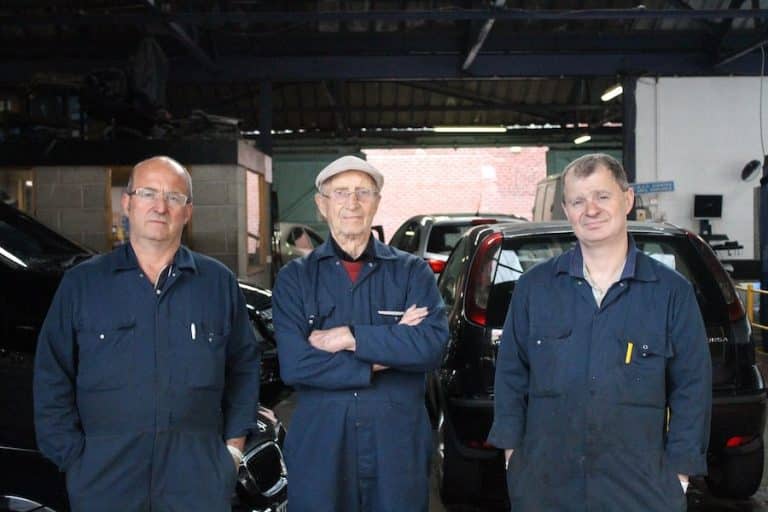
Ancoats to get even cooler as independent market set for MOT garage site
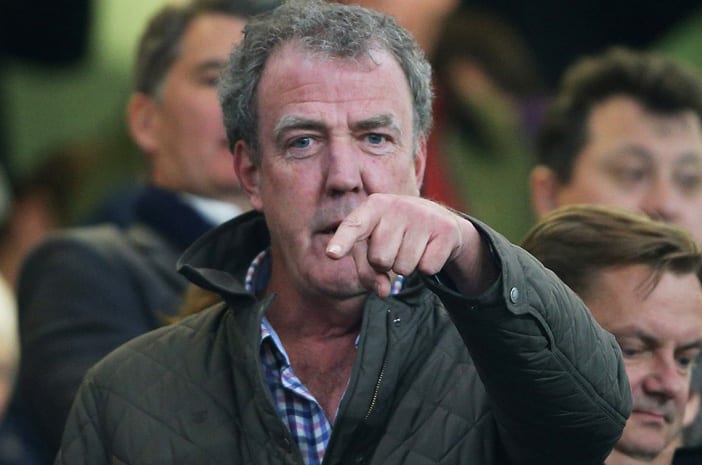
“Manchester is not Britain’s second city, it’s the first” – Jeremy Clarkson
